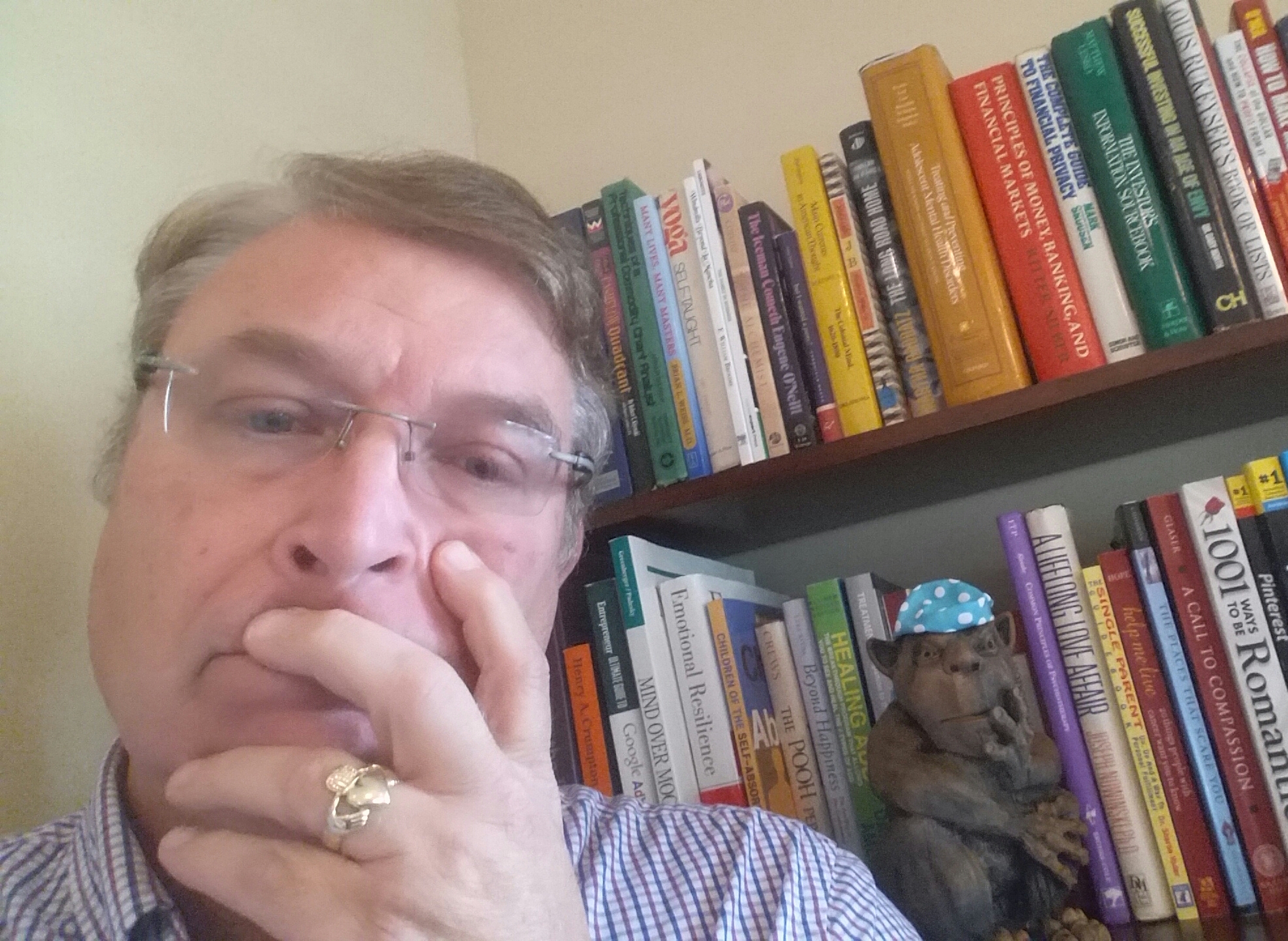Finding trustworthy medical information sources
Jeff Duffey MD
How do you know where to get authoritative medical information to make your best clinical decisions?
Open Evidence offers artificial intelligence for physicians’ use.
If you are a physician, you may use a free medical information platform called Open Evidence. It claims to be the leading peer-reviewed medical information platform. It is said to use artificial intelligence to help doctors discover and understand high quality peer reviewed research. https://www.openevidence.com/ask/ca1926ba-31e5-492d-97ee-0428514559e5
If you aren’t a physician, or you are a physician who wants to do your own search, there are several sources that are generally known to be reliable.
Ask yourself if the research findings are statistically significant.
While the information may be reliable, it still needs to be examined to determine if it is statistically significant. If the articles cite research studies, were the studies double-blind? Did the studies have enough participants to show a statistically significant difference? Was there any bias in the selection of participants? Does the article cite the limitations of the studies? How recent were the studies done?
The document should clearly state who the authors are along with their credentials, affiliations, and any connections they have with the products discussed that might bias them.
Look for unbiased resources.
Several government organizations, like the National Institute of Health National Library of Medicine https://www.nlm.nih.gov/ , are respected for their efforts to ensure their information is reliable. They are not subject to commercial bias and must abide by regulations meant to control quality. On the international scene, the World Health Organization https://www.who.int/ is well respected.
Seek out peer reviewed articles.
In scholarly journals like the Journal of the American Medical Association JAMA ) https://discovery.researcher.life/search?journal=Jama%20Journal%20Of%20The%20American%20Medical%20Association
or the New England Journal of Medicine NEJM, https://www.nejm.org/medical-article-index peers review the articles before they are accepted. They are looking for some of the same things just mentioned as well as trying to determine whether the document makes a significant contribution to the fund of knowledge about the subject. You may run across journals from other countries, like the British Medical Journal https://www.bmj.com/research/research or The Lancet, https://www.thelancet.com/latest-research that have similar peer review processes. The international origin of an article raises questions about the quality of the peer-review process of that country.
Consider the excellent institutions in your field of inquiry.
If you are looking for information in a particular field, consider the institutions noted for excellence in that field. For example, MD Anderson Cancer Center https://www.mdanderson.org/research.html is noted for its expertise in cancer. Cancer institutes are required to provide public education to get that accreditation. Other clinics in the US include The Mayo Clinic, https://www.mayoclinic.org/diseases-conditions/ The Cleveland Clinic, https://my.clevelandclinic.org/health and The Johns Hopkins Hospital. https://www.hopkinsmedicine.org/research/research-topics
The members of academic and professional organizations understand the necessity for accurate information for their members. As a psychiatrist, one of my favorite journal is the journal associated with the American Psychiatric Association https://www.psychiatry.org/patients-families When I am looking for a topic related to women’s health I might go to the American College of Obstetricians and Gynecologists https://www.acog.org/clinical for information in that field.
Whether you use help from AI or do it yourself, the better the information, the better the decision. Good luck searching.

 as on the order of brain-storming ideas and opinions that others might want to consider at their own risk.
as on the order of brain-storming ideas and opinions that others might want to consider at their own risk.